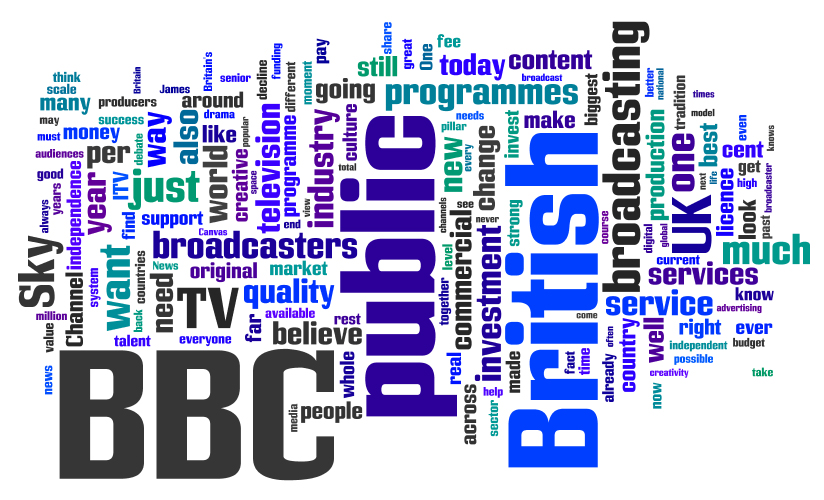This weekend, BBC director general Mark Thompson gave the James Mactaggart Memorial lecture at the Edinburgh International Television Festival, where he discussed the future of the BBC and British television as a whole.
He told the audience that broadcasting is a battle today which will require organisations to work together and “break the habit of a lifetime”, while he urged critics not to focus on small matters, such as the governance of the BBC, but the bigger issues.
We have, don’t we, a kind of genius in our industry for talking ourselves into a crisis – and then of always being somehow disappointed when the crisis turns out to be imaginary or when the cyclical turns out to be just that – cyclical. Instead, we should concentrate on what matters most and on the issues and actions that could actually make a difference. We should think big, not small.
The speech was awarded extensive coverage by the Guardian, from video reactions from audience members to reflective blogs in the aftermath. There is even a short but entertaining post from Channel 4 News presenter Krishnan Guru-Murthy on “how to interview Mark Thompson”, following his post-speech interview with the director.
If anyone so much as suspects you are giving him an easy ride you will be despised for it, so you are probably about to overcompensate and be a bit rude for a Saturday-morning chinwag that is, after all, on a subject that can be described as “only telly”. Fortunately, I had no shortage of help in planning the interview. “He can talk for a long time when he’s on stage, so you’ll have to interrupt him,” said one adviser. So I did. Another friend had suggested an interesting tack on executive pay: “Ask him if he is motivated by money? Does it threaten his legacy as DG?” It elicited the only “tumbleweed moment” of the session, as I left his firm rejection of the idea hanging for a moment.
Most other news outlets focused on staff and pay cuts announced by Thompson, who said the broadcaster was “committed” to reducing the number of senior managers by at least a fifth by the end of 2011.
Criticisms fell on the Times, which was accused by the New Statesman of being biased for having “glanced over” Thompson’s negative comments in relation to Sky, which Thompson claimed is not investing enough in original British content.
The News Corp-owned paper reported on Thompson’s speech but somehow glanced over his remarks on Sky and its parent company. Contrast that with the approach of the BBC, which last year reported extensively on James Murdoch’s polemical assault on its “chilling” ambitions.
For a more general, illustrative view of the messages behind Thompson’s lecture, Journalism.co.uk has put together a Wordle below of his speech.
